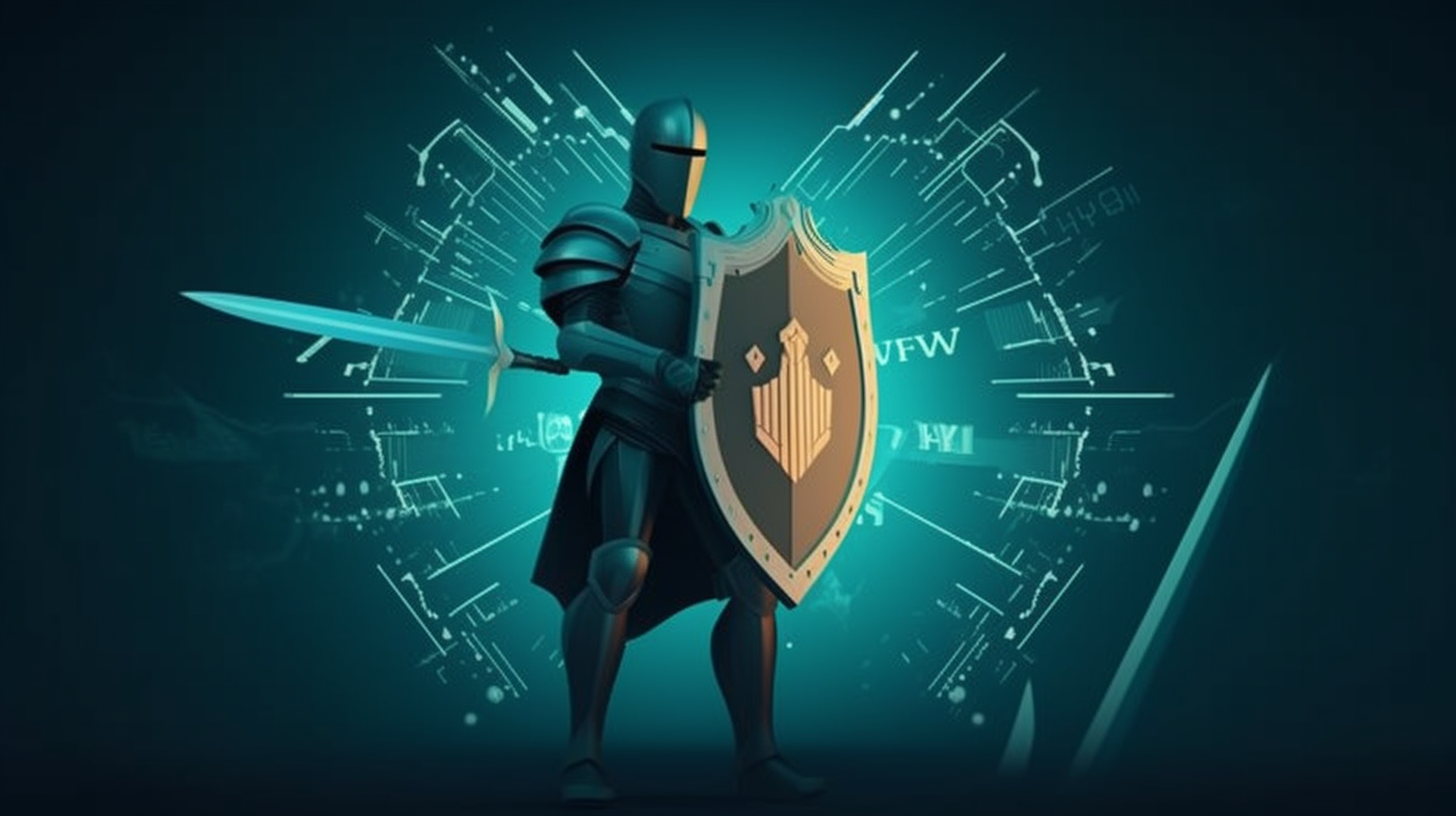Troubleshooting Common Personal Computer (PC) Security Issues: A Key Factor in CompTIA A+ Core 2 (220-1102) Exam

If you've ever scratched your head, wondering how to tackle those pesky computer security issues that seem to crop up just when you don't need them, then you're in the right place, my friend! This article will play the role of a shining knight, rescuing you from the dark dragon of confusion and doubt. We’ll delve into the meandering mazes of solutions for common personal computer (PC) security issues, a topic that forms an integral part of the CompTIA A+ Core 2 (220-1102) exam. Let's be your handy-dandy guide to unraveling the enigmatic world of PC security troubleshooting. So buckle up, we're setting sail on this enlightening journey!
The Academic Approach
Everyone knows, digital landscape has turned the security of Personal Computers (PCs) into a pressing concern. From viruses to malware and spyware, the virtual world is fraught with potential threats ready to breach the fortifications of our technological devices. With this in mind, the CompTIA A+ Core 2 (220-1102) exam places significant emphasis on acquiring the proficiency to troubleshoot these intrusions. And aren't we all familiar with the principle of 'knowledge is power'? In this case, we're talking about the power to safeguard your digital kingdom from ominous ordeals. From a technical standpoint, understanding the nature of the problem takes the first step in troubleshooting. Sneaky little gremlins, known as viruses, have the power to destabilize your PC's performance and cause it to crash or freeze. On the other hand, malware clandestinely lurks in shadows to pilfer your personal data. Spyware, the James Bond of the virtual world, monitors your activities covertly, reporting them back to its dark overlord. To tackle these problems, one must learn to identify the symptoms of each threat, which CompTIA A+ Core 2 (220-1102) exam thoroughly prepares its candidates for. The next step in the troubleshooting process involves you using specialized anti-virus, anti-malware, and anti-spyware software. Additionally, the exam also familiarizes candidates with preventive measures, such as secure browser configurations, data encryption, and ensuring regular software updates.
By the Numbers: A Statistic Overview
Now, let's sprinkle in some numbers in the mix, shall we? If we take these numbers at face value, jaw-dropping revelations are awaiting us. Cybersecurity Ventures projects that cybercrime will lash out an earth-shattering $6 trillion damage worldwide in 2021. That number sure packs a punch, doesn't it? Think again before you label this as a problem just for corporations! The University of Maryland states that a cyber attack happens every 39 seconds on average, affecting one in three Americans each year. Individuals aren't exempt from this menace, underscoring the necessity of mastering PC security troubleshooting. In 2020, a staggering 92% of malware was delivered via email, according to Verizon's Data Breach Investigations Report. So, understanding how to detect and troubleshoot malware can save you a whole lot of heartache—or in this case, data loss and system instability. The Norton Cyber Security Insights Report also noted that nearly 900 million people were affected by cybercrime in 2020. This brings the importance of PC security issues to the forefront, highlighting its relevance in the CompTIA A+ Core 2 (220-1102) exam. So, whether you are a casual PC user or a brave digital warrior preparing for the CompTIA A+ Core 2 (220-1102) exam, the importance of understanding and troubleshooting common PC security issues is as clear as a bell. It is, quite frankly, the need of the hour!
Don't Stick Your Head in the Sand
To sum things up and tie it all together with a neat little bow, master the art and science of troubleshooting PC security issues. Pitfalls and lurking dangers fill the treacherous landscape of the digital world. Now it's time for you to step out from the shadows, arm up, and fight those virtual demons. As future aspirants of the CompTIA A+ Core 2 (220-1102) exam, let's not stick our heads in the sand. Equip yourself with the right skills, bring out the cyber knight in you, and conquer the digital world bravely and intelligently.